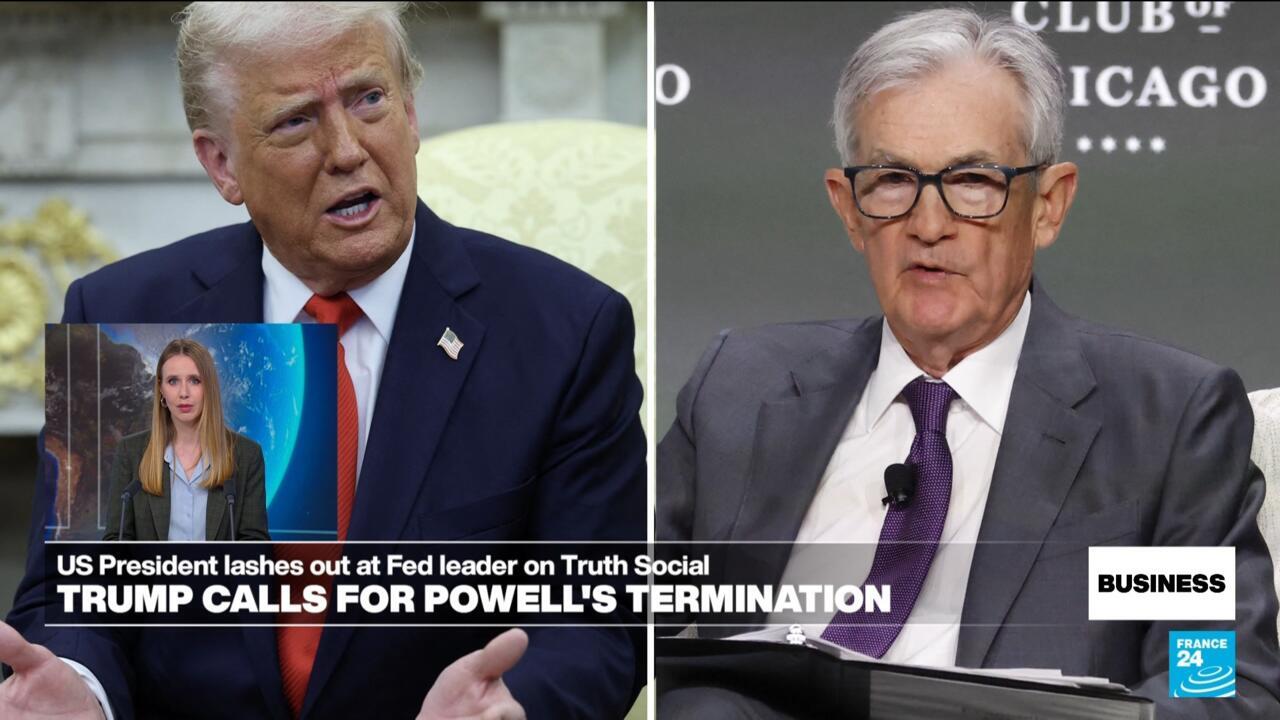Powell's Fate: Trump Demands Fed Chair's Immediate Ousting in Heated Critique

In a fresh escalation of tensions, President Donald Trump has publicly demanded the removal of Federal Reserve Chair Jerome Powell, just hours after Powell delivered a sobering assessment of the potential economic fallout from ongoing trade tariffs. The unprecedented attack on the Fed chairman highlights the growing friction between the White House and the independent central bank leadership.
Powell's recent comments, which cautioned about the economic risks posed by the ongoing trade disputes, appear to have triggered Trump's latest broadside against the Federal Reserve. The president has repeatedly criticized Powell and the central bank's monetary policy, arguing that their decisions are hampering economic growth and undermining his administration's economic achievements.
This latest confrontation underscores the increasingly volatile relationship between the Trump administration and the Federal Reserve, raising questions about the potential impact on market stability and economic policy moving forward. As the trade war with China continues to simmer, the public dispute between the president and the Fed chairman adds another layer of uncertainty to the global economic landscape.
